Petrochemical Hydrogen Flakes Automotive 26-10-2020 - Arhive
Petrochemical Hydrogen Flakes Automotive
Petrochemical PETBottle ACN Polymers Trend
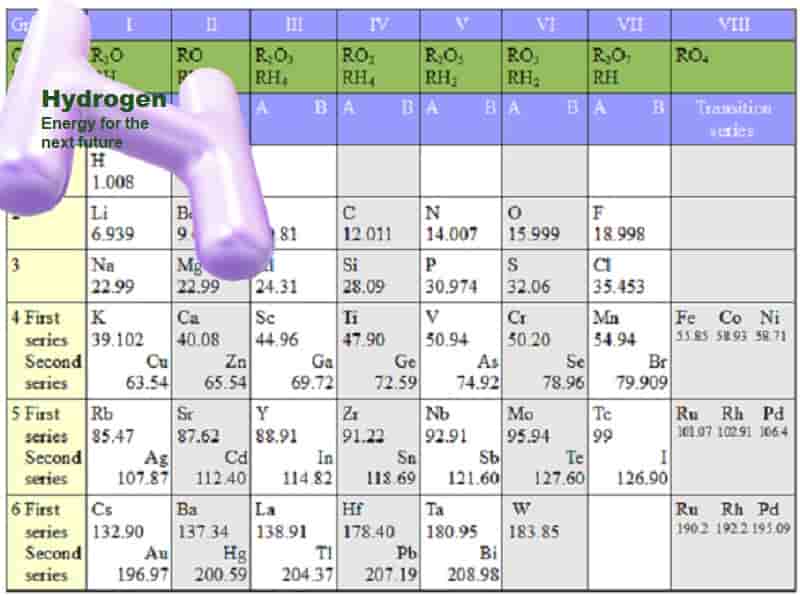
Crude Oil Prices Trend

-Trump attacks Biden on ‘transition’ from oil
President Donald Trump has seized on Democratic competitor Joe Biden’s remark that he wants the US to “transition” from oil to renewables, as the incumbent president tries to bolster support in energy-producing battleground states such as Pennsylvania.
Biden during the final presidential debate last night reiterated that he would not ban the use of hydraulic fracturing, the well stimulation technique now used on the vast majority of onshore wells in the US. But he also endorsed a seemingly more antagonistic position against the oil industry, which Biden said needs to be replaced over time by renewable energy. Petrochemical Hydrogen Flakes Automotive
“I have a transition from the oil industry, yes,” Biden said. “Because the oil industry pollutes, significantly.”

-Plastics recycling not cost-effective
I’ve been reading Plastics News for some time. I’m on the solid waste board for a rural county that is a large portion of southwest Montana.
We used to recycle plastic through a purchaser near Bozeman, and God knows where our plastics went according to the things I’m reading.
I’d like to see coverage of the industry’s response to accusations of misleading people about recycling. In our county, we can’t.
Transporting plastic isn’t cost-effective with a limited budget.
If plastic producers are making money manufacturing plastic goods, they should be paying the cost of recycling by whatever is the most effective means.
And they need to address making recycling viable in small, remote towns where their products are widely available. Petrochemical Hydrogen Flakes Automotive
Please cover efforts on the part of industry to create a closed loop.
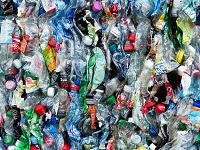
-Chemical Recycling Europe Joined The Circular Plastic Alliance
Chemical Recycling Europe joined the Circular Plastic Alliance to work with the value chain to reach the 10 million tonnes recycled plastics every year. Watch the video below
-Your polyester sweater is destroying the environment. Here’s why
Boycotting polyester would reduce microfiber pollution. But the larger problem is the sheer volume of clothing we buy and discard Petrochemical Hydrogen Flakes Automotive
Last week, an exclusive Guardian report revealed that a mind-boggling 13.3 quadrillion microfibers (infinitesimal strands of fabric) were released into the California environment in 2019.
All fabrics release microfibers, whether they are organic, like hemp and wool, or synthetic, like polyester and acrylic. Since their discovery in 2011 by ecologist Mark Browne, much of the conversation surrounding microfibers has focused on synthetic fibers in particular. That’s because, as a product of the petrochemical industry, synthetic fabric is essentially plastic, making the microfibers it releases a form of microplastic pollution. As the California study suggests, plastic microfibers are a disturbingly abundant foreign substance in the Earth’s ecosystem – they make up 90% of the microplastic pollution in the Atlantic Ocean, and are easily ingested by the tiny fish and plankton that support the entire marine ecosystem.

-Emerson launches unique heat staking technology to meet growing demand for complex plastic parts
Emerson has introduced new heat staking technology designed to give manufacturers greater design freedom by enabling them to join more complex, delicate and sensitive components to plastic mouldings. Petrochemical Hydrogen Flakes Automotive
Using a unique pulse staking technology that optimises the heat staking process, the Branson GPX platform produces high-quality joins, superior product aesthetics and energy savings in increasingly challenging applications.
Electronics, automotive and medical device manufacturers must produce more creative designs to meet rapidly changing market demand. This has led to an increase in challenging heat staking applications involving parts with more complex 3D geometries, closely aligned features and fragile or heat-sensitive components, such as soldered components or sensors, and using a greater number of blended, glass- reinforced, chromed and metallicized plastics.
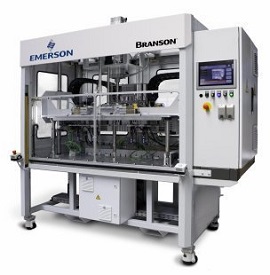
-VIDEO: R-PET brand pledges may impact demand, availability from 2021
Senior Editor for Recycling, Matt Tudball, discusses the outlook for the recycled polyethylene terephthalate (R-PET) for the rest of October and ahead, including:
Increasingly bullish outlook for post-consumer bottles
Increasing brand pledges could impact R-PET availability from 2021
Possible delay in Italian virgin plastics tax Petrochemical Hydrogen Flakes Automotive
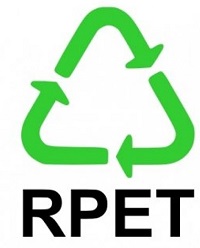
-Asian petrochemicals markets on a roll as China’s economy rebounds
Asian petrochemicals markets are on a roll this week, with demand rising and exceeding supply, as China’s economy continues to improve post-holidays (1-8 October) after staging the fastest recovery from Covid-19 as compared to other major economies.
Reflecting a stronger Chinese economy, the central bank kept its benchmark lending rate stable for the sixth straight month; the one-year loan prime rate (LPR) and the five-year LPR remained at 3.85% and 4.65%, respectively. Petrochemical Hydrogen Flakes Automotive
China’s industrial outputs increased by 6.9% on year in September, faster from 5.6% in August, based on data from the National Bureau of Statistics (NBS).
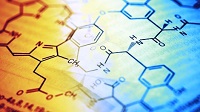
-Low-emission polyacetal from MEP heads to market
Mitsubishi Engineering-Plastics (MEP) has announced a new polyacetal (POM) product family, the low-odor and low-residue Iupital 05 Polyacetal Series.
Traditional industrial polyacetal offerings can give off undesired gaseous formaldehyde products during processing, which hampers their adoption in low-emission driven industries, including automotive applications. Petrochemical Hydrogen Flakes Automotive
MEP states that the formulation of the Iupital product line helps to significantly reduce the production of formaldehyde while maintaining good chemical, thermal, electrical and mechanical properties with exceptional wear resistance.
By optimizing manufacturing technology through proprietary R&D efforts, the MEP engineering team says it has succeeded in reducing the amount of formaldehyde typically generated by about 50%.

-Larger scale production unit for uniquely degradable bioplastic
Parties sign cooperation agreement
Five water boards, STOWA knowledge center, technology company Paques and sustainable waste and energy company HVC have signed an agreement to build a larger scale production unit in Dordrecht for the production of PHBV, a fully biodegradable and sustainable bioplastic. PHBV is made from organic waste streams such as sewage sludge, industrial wastewater and food waste. With this larger scale production unit, the cooperation partners want to build a bridge to the commercial production of PHBV.
In 2016, the five water boards – Brabantse Delta, De Dommel, Hollandse Delta, Scheldestromen and Wetterskip Fryslân – made the bioplastic PHBV in the pilot project “PHARIO” (PHA from RIOolwater) with the help of bacteria that purify wastewater. PHBV is a high quality natural polyester. Petrochemical Hydrogen Flakes Automotive
It is completely biodegradable under natural conditions in soil and composting plants as well as in fresh and salt water.
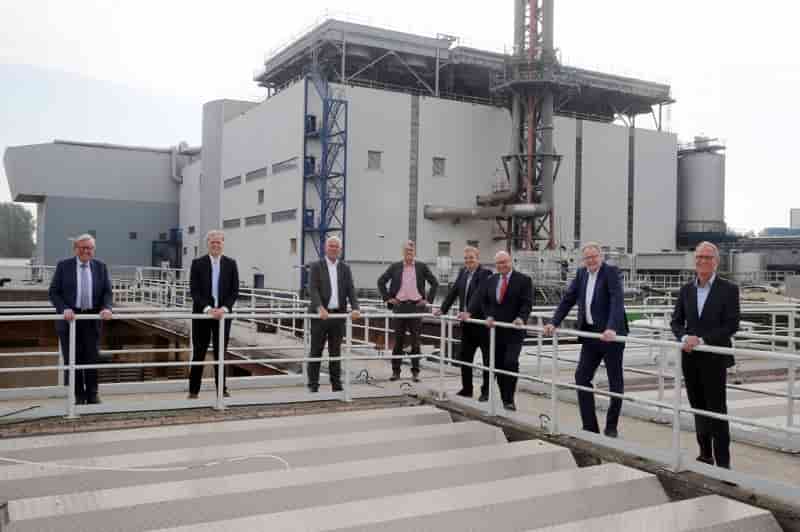
-Bioplastics contain substances that are just as toxic as ordinary plastics
Bioplastics contain substances that are just as toxic as ordinary plasticsBioplastics contain substances that are just as toxic as ordinary plastics
Conventional plastic is made from oil. Plastic production is unsustainable and may contain substances that we know are dangerous if ingested.
In recent years, bioplastics have come onto the market as an alternative to conventional plastic. Bioplastics have some obvious advantages: they are usually made from recycled materials or plant-based cellulose, they can be biodegradable – or both.
However, a new study shows that it is not non-toxic.
Bioplastics are just as toxic as other plastics, according to a recently published article Environment International. Petrochemical Hydrogen Flakes Automotive
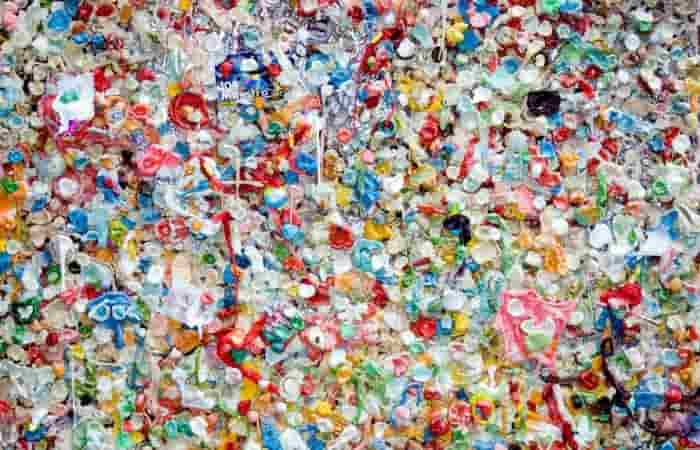
Petrochemical Hydrogen Flakes Automotive
